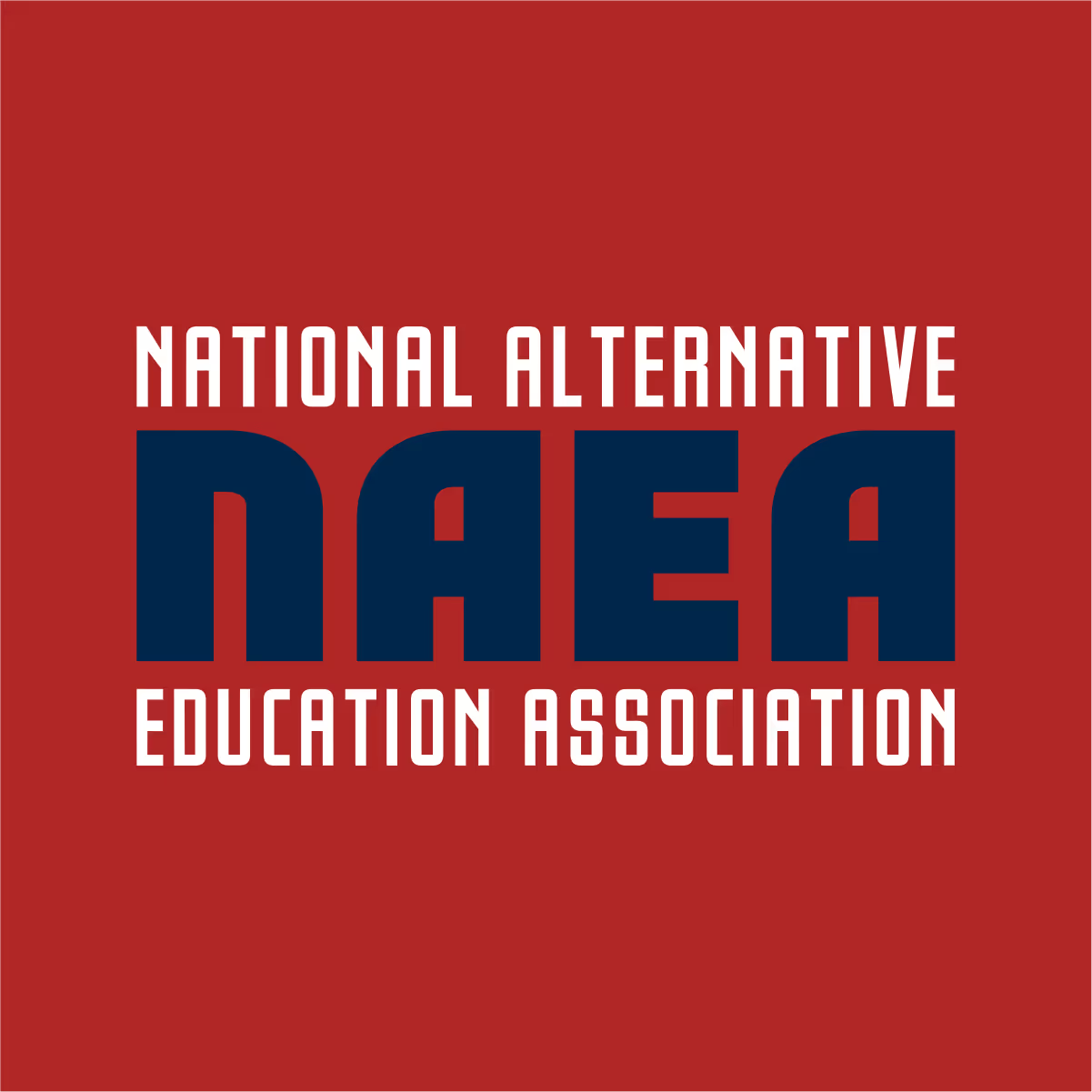Exemplary Practices

Understanding the Unique Challenges in Alternative Education Settings
Across the United States, alternative schools, programs and classrooms are serving students who are not succeeding in the traditional educational setting. Often this population of learners exhibits one or more of the following traits: under-performing academically, possessing learning disabilities, displaying emotional or behavioral issues, being deliberate or inadvertent victims of the behavioral problems of others, displaying a high risk of potential expulsion, suspension, or dropping out of school, and/or displaying the need for individualized instruction. Alternative education offers innovative, non-traditional approaches to teaching this population of learners, which aides in preventing these students from becoming dropouts.
With that in mind and in an effort to enhance the quality of alternative education in all fifty states, the National Alternative Education Association (NAEA) has identified and crafted fifteen exemplary practices in the field. Forged from research on productive alternative programs and the wisdom of alternative educators, the exemplary practices represent a national effort to develop a common core of principles. Furthermore, the Association has identified specific indicators of quality programming that signify meeting each of the identified exemplary practices. Both the exemplary practices and the indicators are considered essential to quality alternative education programming.
We strongly encourage that educators utilize and share the document below. Please circulate it widely to members of the public, within the professional community, and to policy-makers. It is through a shared vision of alternative education that our students are assured the schooling they will need to carry out the responsibilities of the future.

.avif)